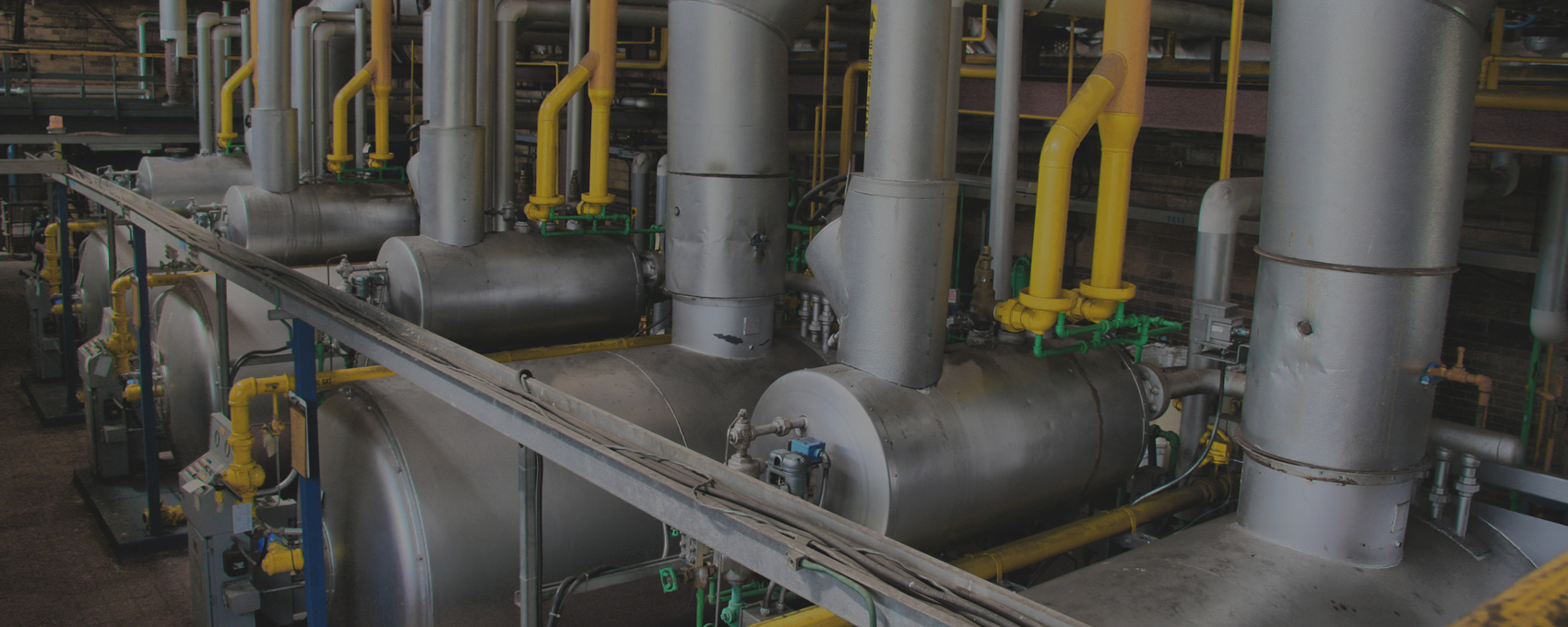The Role and Responsibilities of Property Engineers
In the realm of real estate and property management, property engineers play a crucial role in ensuring the functionality, safety, and longevity of various built structures. These professionals possess a unique blend of engineering expertise and practical knowledge, allowing them to oversee the design, construction, maintenance, and improvement of properties across different sectors, including residential, commercial, and industrial.

One of the primary responsibilities of property engineers is to assess the structural integrity of buildings and infrastructure. They conduct thorough inspections to identify any existing issues or potential risks, such as structural weaknesses, foundation problems, or deterioration due to wear and tear. By leveraging their engineering background, they develop comprehensive solutions to address these issues, ensuring that properties remain safe and compliant with relevant regulations and standards.
In addition to structural assessments, Property engineers Telford are also involved in the design and planning stages of new construction projects and renovations. They collaborate with architects, contractors, and other stakeholders to develop blueprints, specifications, and cost estimates that align with the project goals and requirements. This may involve optimizing building layouts for efficiency, integrating sustainable design principles, and incorporating advanced construction materials and technologies to enhance performance and durability.
During the construction phase, property engineers oversee the implementation of the design plans, ensuring that construction activities adhere to established guidelines and quality standards. They conduct regular site inspections to monitor progress, identify potential issues, and make necessary adjustments to ensure that the project stays on track and meets the specified timelines and budget constraints. Their attention to detail and technical expertise are instrumental in mitigating risks and avoiding costly delays or rework.
Once construction is complete, property engineers are responsible for conducting final inspections to verify that the work meets regulatory requirements and quality standards. They coordinate with building inspectors and regulatory authorities to obtain necessary certifications and approvals, ensuring that properties are ready for occupancy and use.
Beyond the construction phase, property engineers play a crucial role in the ongoing maintenance and management of properties. They develop maintenance plans and schedules to ensure that essential systems and components, such as HVAC systems, electrical infrastructure, and plumbing networks, are regularly inspected, serviced, and repaired as needed. This proactive approach helps prevent costly breakdowns and prolongs the lifespan of building assets.
Furthermore, property engineers are often involved in implementing energy efficiency and sustainability initiatives to reduce operational costs and minimize environmental impact. They may recommend and implement upgrades such as energy-efficient lighting systems, smart building technologies, and renewable energy solutions, aligning with broader sustainability goals and regulations.
In conclusion, property engineers are essential stakeholders in the real estate and property management industry, combining their engineering expertise with practical knowledge to ensure the safety, functionality, and efficiency of built structures. From initial design and construction to ongoing maintenance and sustainability efforts, their contributions are vital in creating